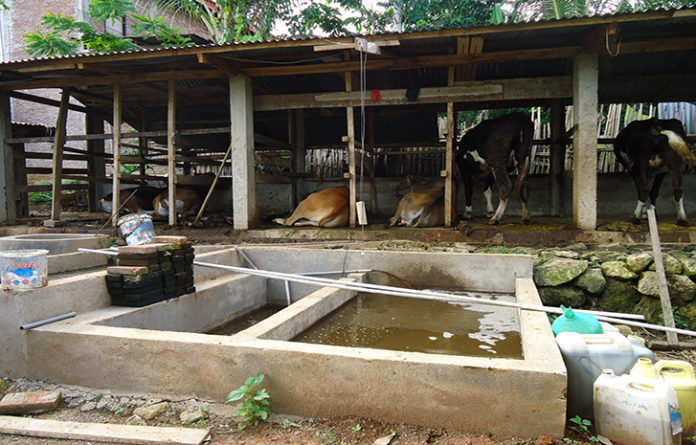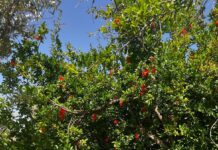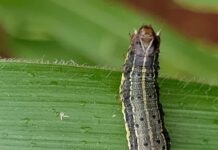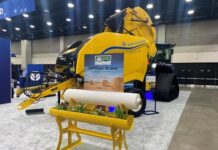The UN Food and Agriculture Organization (FAO) has piloted an integrated crop-livestock-fish farming in Rwanda, a practice it says has the potential to holistically improve the livelihoods of communities and cushion them against shocks that might arise from declining prices or sales of one of the three components.
At the occasion of the celebration of the World Food Day at national level in Rulindo District, FAO-Rwanda said it is happy to share with the farming community a successful story of this practice in the District’s Ngoma Sector.
The practice started in September 2019. Through integration, farmers are supported to have ponds for irrigating their crops, but also carry out fish farming using the same ponds, which maximises water use. Also, under this approach, pigs help the farmers get income but also manure to fertilise their crops, which improves their farm productivity.
It is also in line with optimising farm yields through efficient utilisation of the farmers’ limited land resource. It is in the framework of the implementation of the project ‘Knowing water better: towards a fairer and more sustainable access to natural resources” which is funded by Germany.
FAO-Rwanda initiative
Under this initiative, FAO-Rwanda delivered three ENOS/Sunlight solar pumps and accessories to the farmers grouped under the Yanze Horticulture Production Cooperative (YAHOPROC) of vegetable growers in the Yanze catchment in Rulindo District.
The same project offered 5,000 fish fingerlings and 30 piglets to YAHOPROC farmers’ cooperative who are predominantly vegetable growers in Yanze. The fingerlings are raised in ponds from which they use water for irrigating vegetables.
As a result, farmers experienced the benefit of integrated vegetable, fish and pig farming illustrated by the first fish harvest on March 12, 2021.
Currently, FAO said, the farmers using their own funds have re-established 5,000 fish fingerlings into the ponds and the pigs have multiplied from 30 to 180. This kind of farming improves nutrition of farmer’s household with a more balanced diet enriched with fish/animal proteins, diversifies and improves income, and the quality of the environment as farmers are careful not to poison their fish with pesticides.
In addition, waste from one production sector of the integrated system is used as input for another sector, for example, by improving soil fertility with pig manure. FAO encourages farmers to engage as much as possible in integrated crop – livestock – fish farming for Better Production, Better Nutrition, Better Environment and Better Life, the four Betters that underpin its new Strategic Framework.
Gualbert Gbehounou, FAO Representative in Rwanda, said that the integrated farming is well matching the driving idea behind the World Food Day which is improved food and nutrition.
“This practice is economically sustainable because they [farmers] may not have good price for their vegetables, but then they still have fish and livestock to catch up with and save them from being completely down. That’s why FAO advocates for this integrated crop, livestock and fish farming,” he said.









